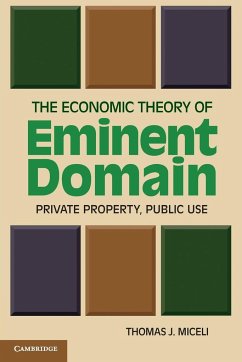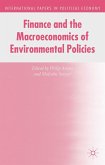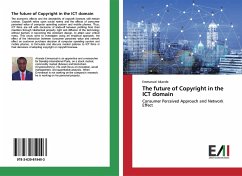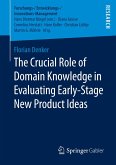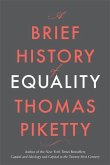Surveys the contributions that economic theory has made to the often contentious debate over the government's use of its power of eminent domain, as prescribed by the Fifth Amendment. It addresses such questions as: when should the government be allowed to take private property without the owner's consent? Does it depend on how the land will be used? Also, what amount of compensation is the landowner entitled to receive (if any)? The recent case of Kelo v. New London (2005) revitalized the debate, but it was only the latest skirmish in the ongoing struggle between advocates of strong governmental powers to acquire private property in the public interest and private property rights advocates. Written for a general audience, the book advances a coherent theory that views eminent domain within the context of the government's proper role in an economic system whose primary objective is to achieve efficient land use. This book uses economic theory to examine the proper scope of the government's constitutional power of eminent domain, which entitles it to take private property for public use, provided that it pays the owner just compensation.
Hinweis: Dieser Artikel kann nur an eine deutsche Lieferadresse ausgeliefert werden.
Hinweis: Dieser Artikel kann nur an eine deutsche Lieferadresse ausgeliefert werden.
'Thomas Miceli offers a thorough and readable review of modern economic theories of eminent domain, several of which he has been instrumental in developing. This will be the 'go-to' book on the subject for years to come. Seasoned scholars and students will benefit from his accessible descriptions and careful development of the major principles.' William Fischel, Dartmouth College

